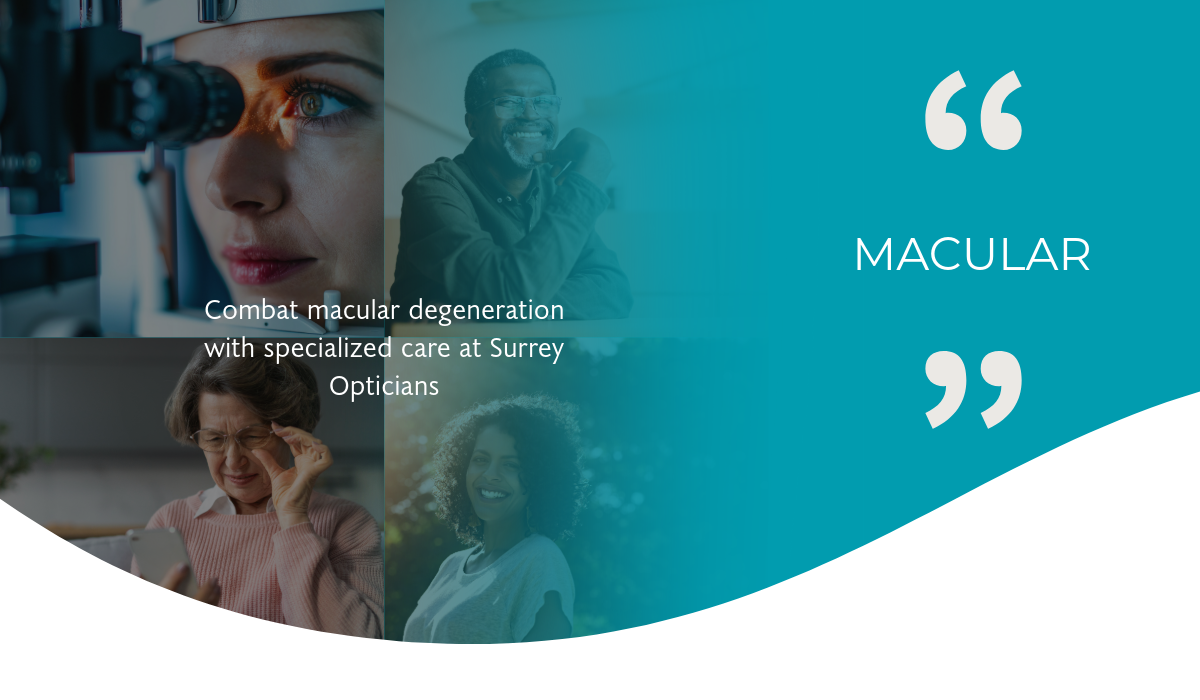
INTRODUCING
Macular Clinic
Age Related Macular Degeneration (AMD) is an eye condition in which the tiny central part of the retina at the back of the eye (called the macula) is unable to function as effectively. It is a painless eye condition that leads to gradual loss of central vision. It’s the most common cause of vision loss in those aged over 50 and the number of people affected is expected to double within 20 years.
Macular Clinic -
Age Related Macular Degeneration (AMD) is an eye condition in which the tiny central part of the retina at the back of the eye (called the macula) is unable to function as effectively. It is a painless eye condition that leads to gradual loss of central vision. It’s the most common cause of vision loss in those aged over 50 and the number of people affected is expected to double within 20 years.
Does It Cause Complete Blindness?
No, as it does not affect peripheral vision. However, eventually little or no central vision may remain and you may also lose colours. Everyday tasks like reading, driving, watching TV and recognising faces will be affected.
Do I Need To Get Screened?
Yes, if you’re over 40 and have one or more of the risk factors below.
Are Some People At Higher Risk?
There are certain risk factors that increase your chances of developing AMD:
- Female
- Family history of AMD
- Smoker (more than 5 years)
- Caucasian ethnicity
- Low degree of macular pigment
- Macular Drusen (one or both eyes)
- Cardiovascular disease (Systemic Hypertension, Diabetes and Cholesterol)
- Exposure to UV light
- Poor diet
How Long Does The Screening Take?
About 15 minutes.
How Do You Test?
We screen using a macular pigment optical density machine. During the test we’ll ask you determine when lights flicker to measure the macular pigment density. We can also take a digital photo of the back of the eye using our fundus camera. We can give you advise on how to reduce your risks, including taking macular pigment vitamin supplements, changing your diet and UV protection.
Will I Be Tested Again?
Yes, we’ll carry out follow up appointments at regular intervals to monitor any macular changes using our specialised equipment.
Can AMD Be Treated?
It depends on the type of AMD. There are two main types – the ‘wet’ form and the ‘dry’ form. Dry AMD is more common, affecting 90% of patients, and there’s no treatment at the moment. It usually develops very slowly over a number of years. Wet AMD is less common, but there are a number of treatments available that concentrate on stopping the abnormal growth of new blood vessels in the eye.

